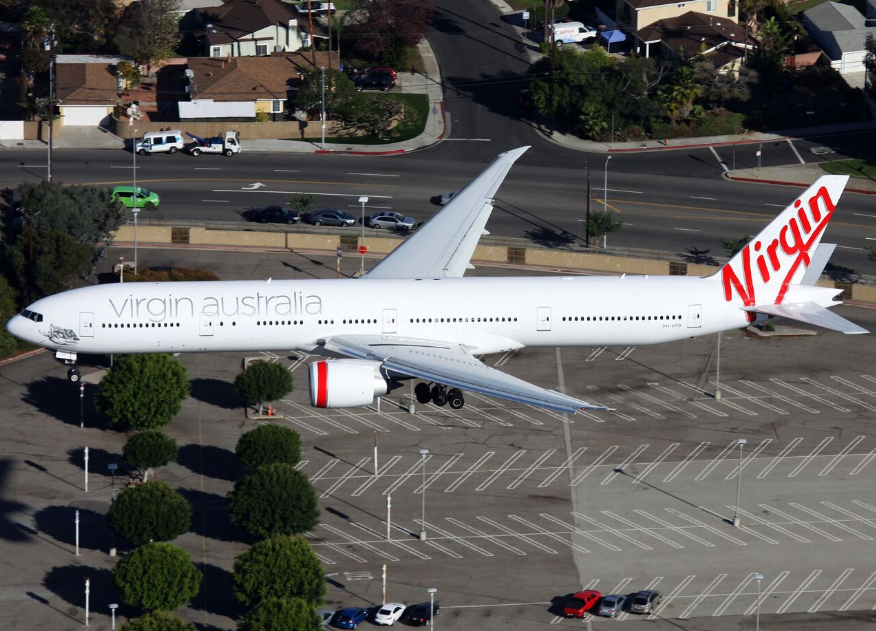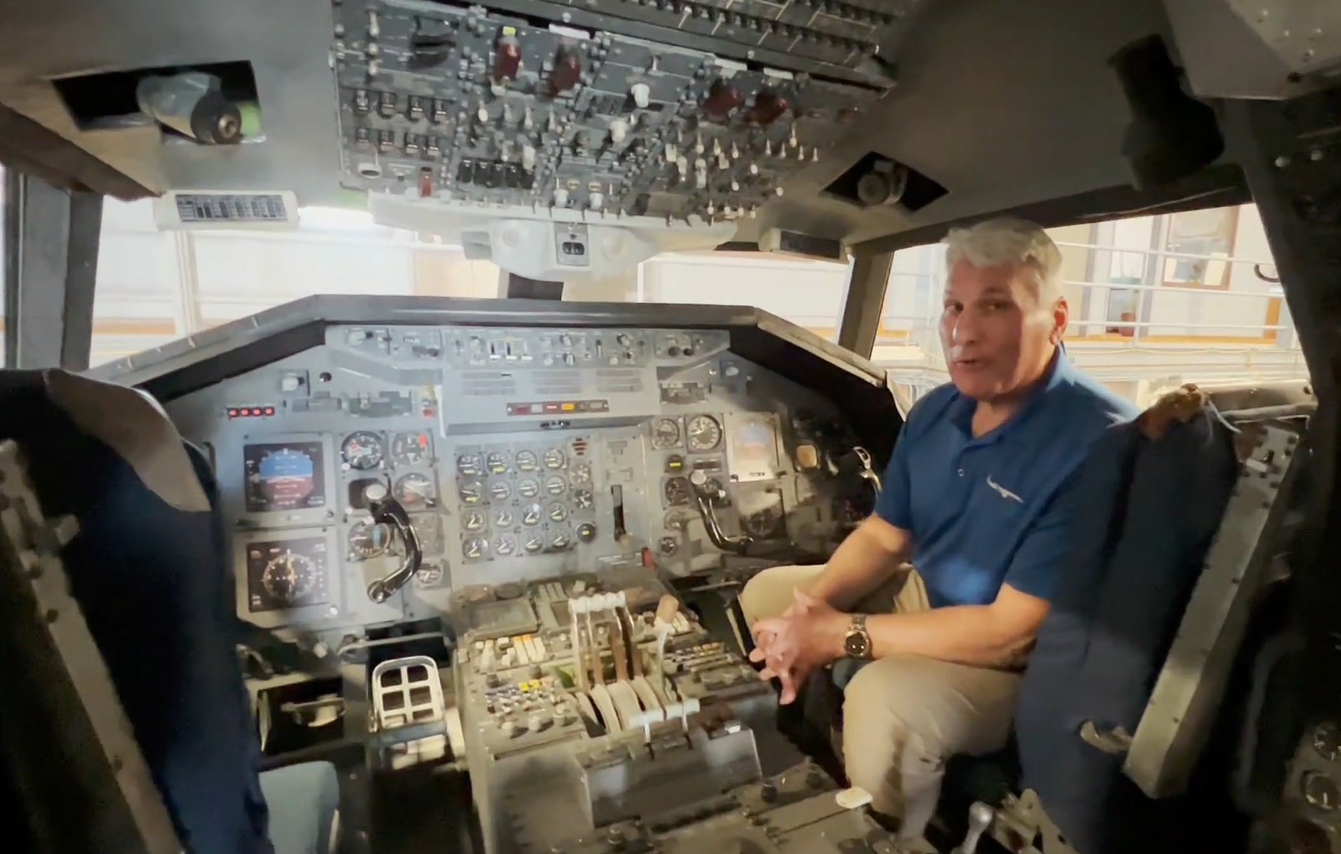Virgin Australia to buy back frequent flyer stake
16 September, 2019
3 min read


A major ratings agency says Virgin Australia has the capacity to fund its $A700m ($US481m) decision to buy back a 35 percent stake in its Velocity frequent flyer program.
The price is more than twice the $A335 minority stakeholder and private equity group Affinity paid when it bought the stake in 2014.
Affinity revealed in July that it was looking at various exit options for its stake.
In a statement to the Australian stock exchange Monday, Virgin said completion of the transaction was subject to certain conditions including "the finalization and execution of long-form documentation", funding and Foreign Investment Review Board (FIRB) approval of the deal.
Virgin needs to run the buyback past the FIRB because the group is majority foreign-owned with stakeholders including two Chinese companies as well as Singapore Airlines, Etihad and Virgin Group.
The company said it expected the deal to be finalized before the end of 2019 but did not say how it would fund the acquisition.
However, S&P Global Ratings said the company had sufficient balance sheet capacity to take back full control of Velocity.
S&P said Virgin had a number of funding options but the extent to which the $700m buyback was debt-funded would limit the headroom in Virgin's B+ rating.
It could also affect its capacity to withstand any increase in competition as well as adverse foreign exchange and fuel price movements.
Analyst Richard Noonan also expressed the view that full control of Velocity would "somewhat benefit the group's earnings profile and discretionary cash flow".
"We believe this will allow Virgin Australia to more optimally deploy capital across business lines that are currently structurally separated, providing greater opportunities for synergies,'' he said.
"Ending the cash leakage of distributable earnings to minority interests will also have a financial benefit.
"In addition, we believe full ownership will somewhat improve the group's financial flexibility. During periods when the broader group is experiencing financial stress, Velocity could be partially sold down without surrendering majority control."
Frequent flyer programs have become a significant money-spinner for airlines and Velocity, which has almost 10 million members, generated Underlying earnings $A122.2 million in fiscal 2019, up from $110.1 million the year before.
Revenue from Velocity rose by 10.5 percent to $A411 million as almost 700,000 new members joined the program.
However, the overall group reported a 2018-19 statutory loss of $315.4 million.
READ: Virgin Australia to streamline its way back to profitability
It also announced a series of cost-cutting initiatives that included a simplified organizational structure, the axing of 750 corporate and head office roles as well as a capacity, network and fleet review.
Chief executive Paul Scurrah noted at the time that the group was operating in a tough economic climate with high fuel, a low Australian dollar and subdued trading conditions.
However, he noted the results showed Virgin needed to improve its financial performance and cut costs to make sure the company saw the financial benefit from the growth in its business.
Next Article
2 min read
Qantas triples profit but misses mark

Get the latest news and updates straight to your inbox
No spam, no hassle, no fuss, just airline news direct to you.
By joining our newsletter, you agree to our Privacy Policy
Find us on social media
Comments
No comments yet, be the first to write one.
